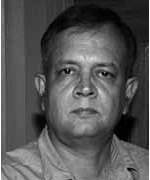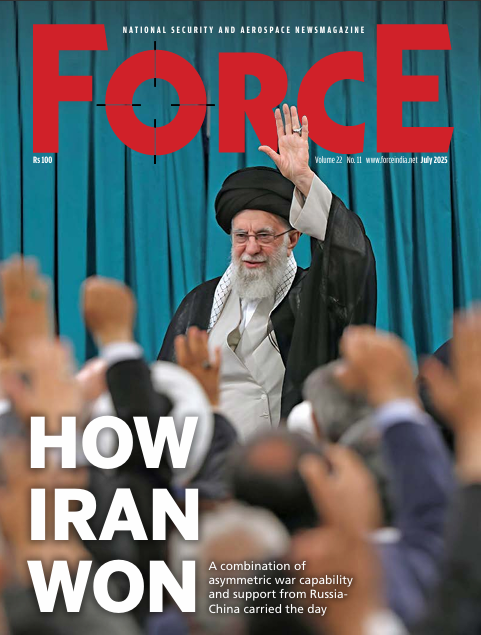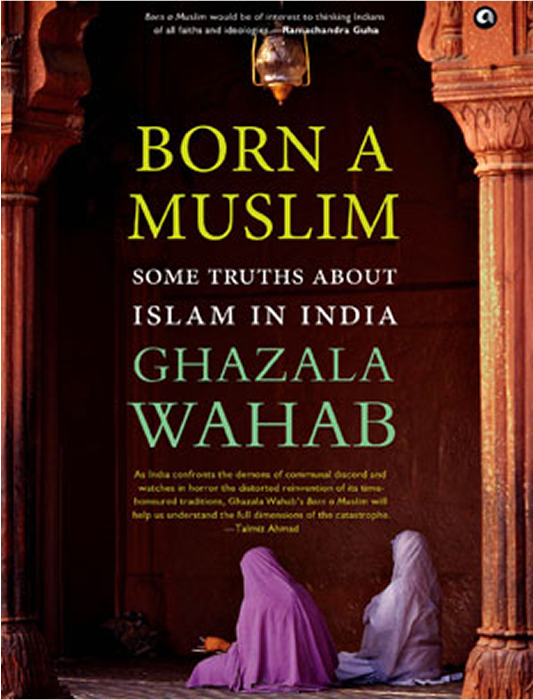Guest Column | Too Little Too Late (February 2012)
 Radhavinod Raju
Radhavinod Raju
Home minister P. Chidambaram, in his Intelligence Bureau Centenary Endowment lecture delivered in New Delhi on 27 December 2009 outlined a ‘broad architecture of a new security system that would serve the country today and in the foreseeable future’. He had, by then, completed a little over a year as the Union home minister, and with his considerable powers of observation and analysis, worked out a new system that would be put in place to fight terrorism.
It is this lecture that set the tone for the introduction of far reaching security reforms in India. Some of the statistics that the minister brought out were depressing — we had an average of 130 policemen for a hundred thousand people against an international average of 270. We had over 250,000 vacancies even within this structure. Chidamabaram said that there was ‘…no substitute for the policeman who walks the streets. He is the gatherer of intelligence, the enforcer of the law, the preventer of the offence, the investigator of the crime and the standard-bearer of the authority of the State, all rolled into one. If he is not there, it means that all these functions are not performed. That — the failure to perform essential police functions — is where the rot began and that is where the rot lies even today’.
Two years down the road while some states have shown improvement in recruitment, there are several which lag behind — leaving large number of vacancies in the rank of Constables in most states; the recruited Constable has to be given training and the shortage of trainers and appropriate infra-structure continues to be a big road block in most of the states. There are states where neither the Constables nor the officers have been sent for any training for decades after the initial training.
The minister said that the over 13,000 police stations in the country were functioning as islands, and that, though there is better connectivity today, there was no system of data storage, data sharing and accessing data. There was ‘no system under which one police station can talk to another directly’. There was ‘no record of crimes or criminals that can be accessed by a Station House Officer, except the manual records relating to that police station’. The minister referred to the Crime and Criminal Tracking System that the central government was pushing through, so that the work of the district police, the state police headquarters and the Central Police Organisations is greatly facilitated. Here again, while a lot of ground has been covered, a lot more remains to be covered. The minister also emphasised the need for community policing to enable citizens to interact freely with the police and to set up toll free service for them to pass information or lodge complaints.
The Prime Minister has also underlined the importance of community policing, but there is no uniform model of community policing that is followed throughout the count
Subscribe To Force
Fuel Fearless Journalism with Your Yearly Subscription
SUBSCRIBE NOW
We don’t tell you how to do your job…
But we put the environment in which you do your job in perspective, so that when you step out you do so with the complete picture.








